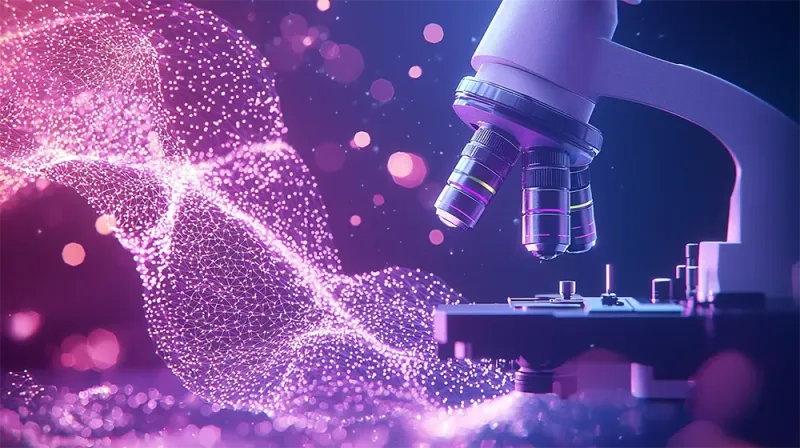AI’s Nobel Win: Science Needs Better Data, Not Just Bigger Models

If AI is supposed to revolutionize science, why are we drowning it in garbage data?
David Baker, a biochemist and newly-minted Nobel laureate, warns that AI's impact on science will stall unless the data fed into these models improves. Alongside Demis Hassabis and John Jumper from Google DeepMind, Baker was awarded the Chemistry Nobel for AI tools revolutionizing protein research.
Their success relies heavily on the high-quality Protein Data Bank (PDB), a rare example of well-curated data essential for meaningful scientific progress. However, as AI models increasingly rely on bloated, internet-scraped datasets, the risk of producing biased, erroneous results grows.
The roadblock isn’t just model size but data quality:
- Garbage in, garbage out: AI outcomes depend on clean, curated inputs.
- Unique data sources: Few datasets match the PDB’s rigor and utility.
- AI's potential: New tools enable breakthroughs, but without solid data, progress falters.
As AI models scale, will science keep up by curating more high-quality data, or will noisy inputs undermine the breakthroughs we expect?
Read the full article on MIT Technology Review.
----
💡 We're entering a world where intelligence is synthetic, reality is augmented, and the rules are being rewritten in front of our eyes.
Staying up-to-date in a fast-changing world is vital. That is why I have launched Futurwise; a personalized AI platform that transforms information chaos into strategic clarity. With one click, users can bookmark and summarize any article, report, or video in seconds, tailored to their tone, interests, and language. Visit Futurwise.com to get started for free!








